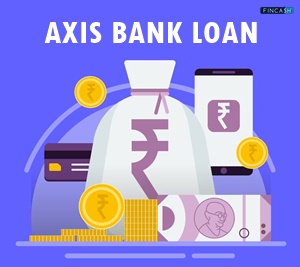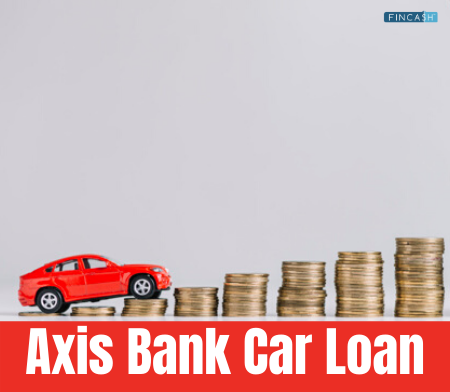
Table of Contents
Senior Bank Loan
Senior Bank Loan is a type of debt financing Obligation that has been issued to some company by any bank or other financial institution. Then, the same is repackages and then, sold off to the investors. The debt obligation that has been repackaged is known to feature multiple loans. Senior Bank Loan withhold legal claim to the assets of the borrowers in comparison to all other types of debt obligations.

As it is regarded as senior to all other types of claims that are issued against the borrower, in case Bankruptcy occurs, it is going to be the first-ever loan that is required to be repaid before any common stockholders, preferred stockholders, and creditors would receive the desired repayment amount.
These types of loans are known to be secured with the help of the lien against the borrower’s assets.
Working of the Senior Bank Loans
The main role of any loan is to offer a business with ample cash to ensure the continuation of its day-to-day operations or for fulfilling any other type of Capital requirements that a business might have. The loans are known to be typically backed by the inventory, equipment, property, or Real Estate of the company –in the form of Collateral. Banks consider taking multiple loans made by them, repackaging the same into a single debt obligation, and then, selling it off to the investors out there in the form of some financial product. In turn, the investors are known to receive the respective interest payments as the ROI or Return on Investment.
As Senior Bank Loans tend to be at the topmost position of the Capital Structure of any company, in case the organization would file for bankruptcy, the respective secured assets tend to be usually sold. At the same time, the proceeds get distributed to the holders of senior loans before any other type of lender gets the repayment.
Talk to our investment specialist
On historical grounds, a majority of business organizations having Senior Bank Loans while ending up filing for bankruptcy are known to cover the given loan amount entirely. This implies that the investors or lenders have been given the payment back. As this loan tends to top in the existing repayment structure, these turn out to be relatively safer. Still, these are regarded as non-investment grade assets. This is because in most cases, the corporate loans tend to be made for organizations that are of the non-investment type.
Senior Bank Loans usually have floating rates of interests that tend to fluctuate depending on the London Interbank Offered Rate (LIBOR) or some other benchmark. For instance, if the rate of the bank tends to be LIBOR along with 5 percent, and the LIBOR tends to be 3 percent, then interest rate of the given loan is going to be 8 percent.
All efforts have been made to ensure the information provided here is accurate. However, no guarantees are made regarding correctness of data. Please verify with scheme information document before making any investment.












